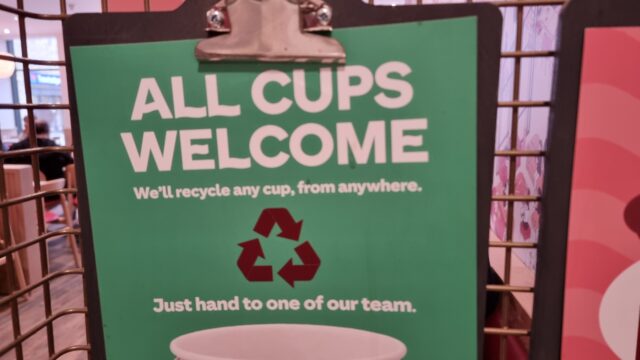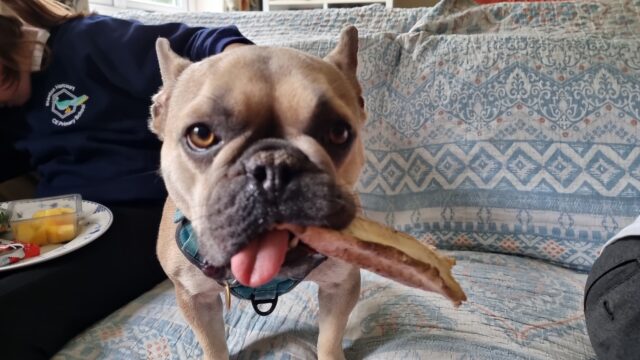Obviously all of the 118 executive orders President Trump signed into effect on 20 January fall somewhere on the spectrum between fucking ridiculous and tragically fascist. But there’s a moment of joy to be taken in the fact that now, by Presidential executive order, one could argue that all Americans are legally female:
…
One of Trump’s order is titled “Defending Women from Gender Ideology Extremism and Restoring Biological Truth to the Federal Government.” In the definition, the order claims, “‘Female’ means a person belonging, at conception, to the sex that produces the large reproductive cell.” It then says, “’Male’ means a person belonging, at conception, to the sex that produces the small reproductive cell.”
What critics point out is the crucial phrase “at conception.” According to the Associated Press, the second “order declares that the federal government would recognize only two immutable sexes: male and female. And they’re to be defined based on whether people are born with eggs or sperm, rather than on their chromosomes, according to details of the upcoming order.”
…
So yeah, here’s the skinny: Trump and team wanted to pass an executive order that declared that (a) there are only two genders, and (b) it’s determined biologically and can be ascertained at birth. Obviously both of those things are categorically false, but that’s not something that’s always stopped lawmakers in the past (I’m looking at you, Indiana’s 1897 bill to declare Pi to be 3.2 exactly…).
But the executive order is not well thought-out (well duh). Firstly, it makes the unusual and somewhat-complicated choice of declaring that a person’s gender is determined by whether or not it carries sperm or egg cells. And secondly – and this is the kicker – it insists that the point at which the final and absolute point at which gender becomes fixed is… conception (which again, isn’t quite true, but in this particular legal definition it’s especially problematic…).
At conception, you consisted of exactly one cell. An egg cell. Therefore, under US law, all Americans ever conceived were – at the point at which their gender became concrete – comprised only of egg cells, and thus are legally female. Every American is female. Well done, Trump.
Obviously I’m aware that this is not what Mrs. Trump intended when she signed this new law into effect. But as much as I hate her policies I’d be a hypocrite if I didn’t respect her expressed gender identity, which is both legally-enforceable and, more-importantly, self-declared. As a result, you’ll note that I’ve been using appropriate feminine pronouns for her in this post. She’s welcome to get in touch with me if she uses different pronouns and I’ll respect those, too.
(I’m laughing on the outside, but of course I’m crying on the inside. I’m sorry for what your President is doing to you, America. It really sucks.)






